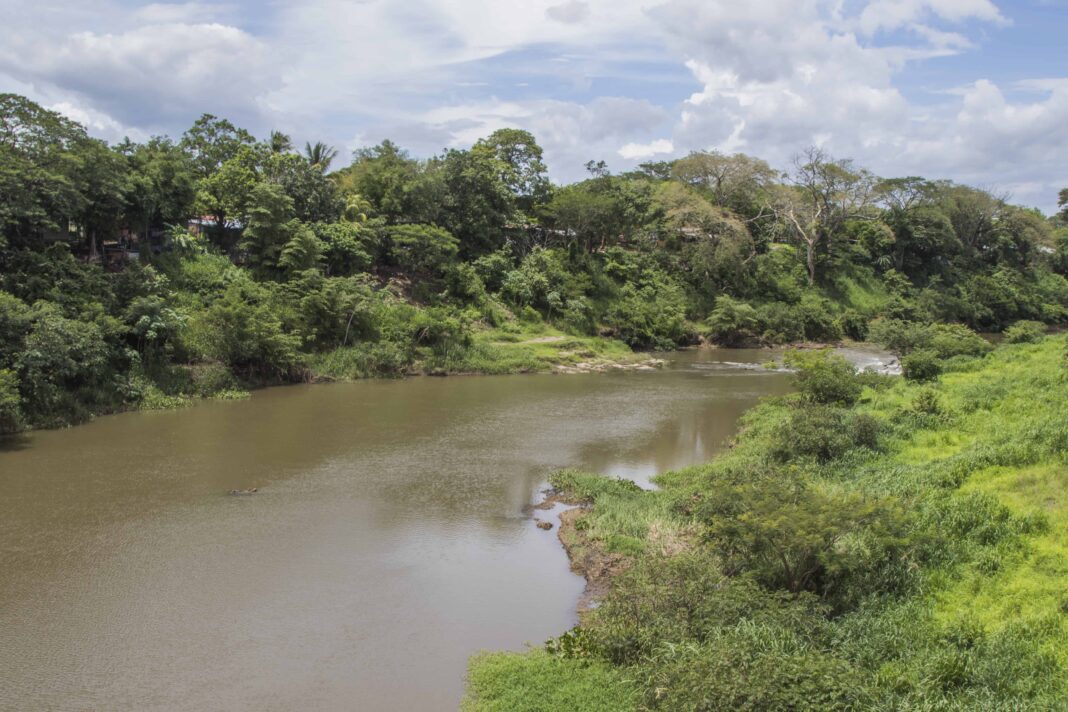Costa Rica is set to undergo a transformative environmental and economic boost with the program “Ecosystem-based Adaptation to Increase Climate Resilience in the Central American Dry Corridor and Arid Zones of the Dominican Republic.”
The Central American Bank for Economic Integration (CABEI) received a disbursement of $7.2 million from the Green Climate Fund (GCF) to begin implementing this program, which will benefit more than 2.4 million people in Guatemala, El Salvador, Honduras, Nicaragua, Costa Rica, Panama, and the Dominican Republic.
The disbursement of $7.2 million is the first installment of a larger GCF allocation to CABEI for this program, totaling $174.3 million. This funding will support a variety of activities in the region, including rainwater harvesting systems to help communities capture and store water during the rainy season for use in drier periods.
The program will also introduce soil conservation techniques, such as contour plowing and terracing, to prevent soil erosion and maintain fertility in the dry corridor. Additionally, it will promote diversified livelihoods like agroforestry and ecotourism, reducing dependence on agriculture and increasing income sources. Community agroforestry initiatives, including watershed tree planting, will enhance soil health, reduce erosion, and provide shade for crops, boosting resilience to climate change.
The program seeks to improve the resilience of communities and ecosystems in this region by promoting ecosystem-based adaptation (EbA) measures for sustainable land and water management and livelihood diversification. It also aims to facilitate access to reimbursable resources (funds that need to be repaid) for the implementation of EbA and other measures to increase resilience to extreme weather events, such as severe droughts and heavy rainfall.
“This disbursement marks an important milestone in our partnership with the Green Climate Fund and underscores our commitment to addressing the urgent challenges of climate change in Central America. The financing will enable us to expand our efforts to support sustainable development and climate resilience in the region,” said CABEI Executive President Gisela Sánchez.
In Costa Rica, this initiative is expected to directly impact the Tempisque River Basin, in cantons such as Liberia, Nicoya, Santa Cruz, Bagaces, and Carrillo. (https://ticotimes.net/2024/09/13/costa-rica-joins-climate-resilience-program-for-central-america)





































